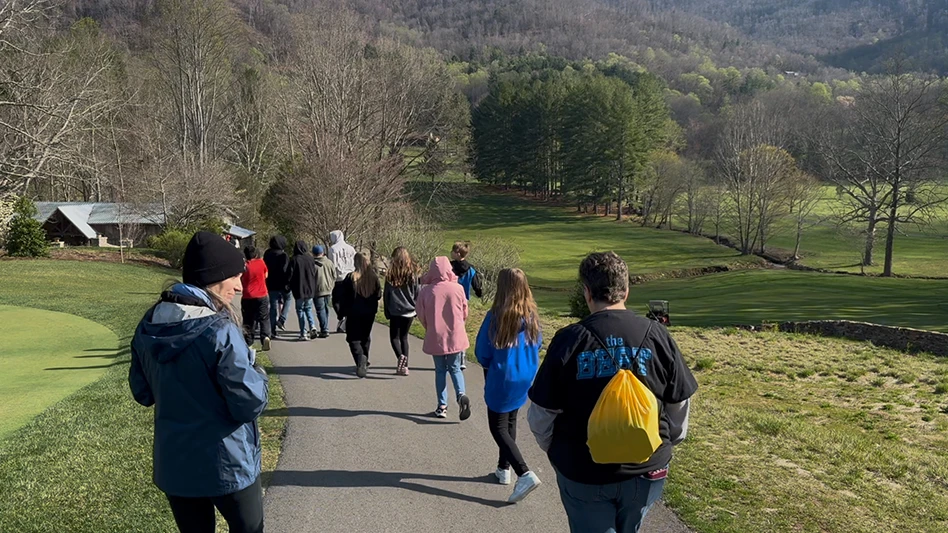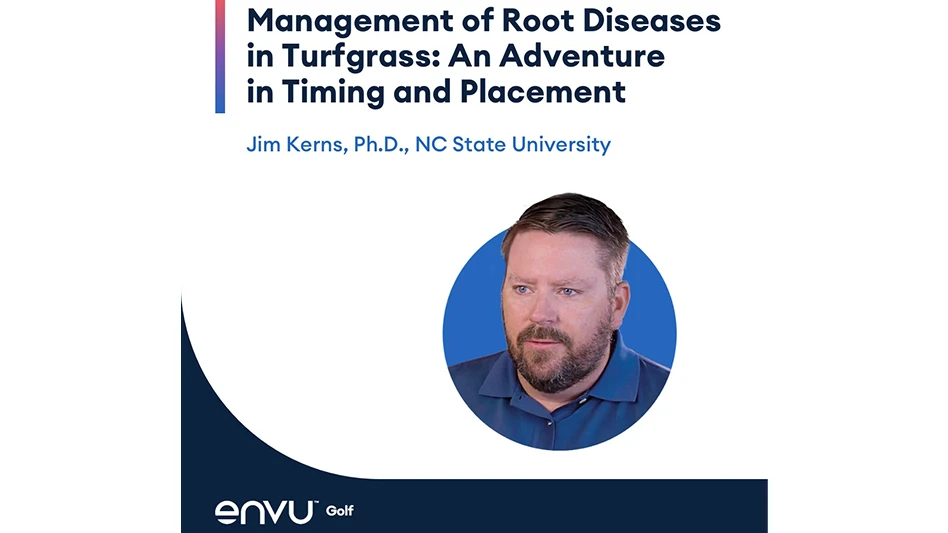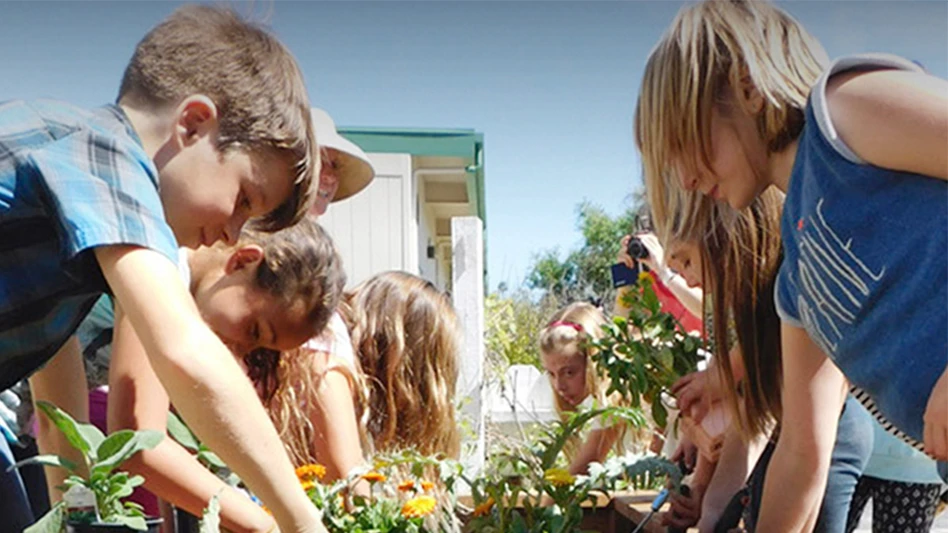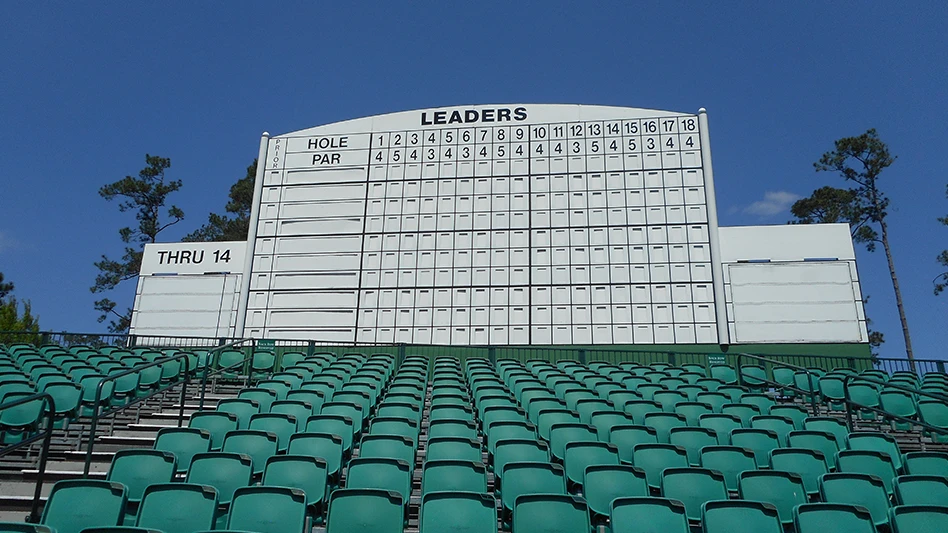Watching his courses’ turf being torn up by waste management trucks twice a week was just too much for superintendent Russ Chamberlain, so he started looking for alternatives to the 50-gallon Porta-Potties. “You get about 90,000 rounds of golf and you’ve got to keep them clean,”
Chamberlain says of the required frequent cleaning for the portable waste units.
Chamberlain supervises Brae Loch Golf Club in Grayslake, Ill., and Countryside Golf Club in Mundelein, Ill., which is made up of the Prairie course and the Traditional course. All three are public, 18-hole courses located in northern Illinois.
After picking up a tip about possible companies from another employee, Chamberlain began researching several different options. Eventually the choices were narrowed down to a Biological Mediation Systems (BMS) facility or comparable waste system.
What it came down to was the composting system, and the BMS unit required much less maintenance than (other similar systems) available at the time. “I talked to three or four golf courses that had it and they just were thrilled by them,” Chamberlain says of his decision to purchase from BMS.
The unit he decided on did not require water or electricity and was able to decompose naturally. In addition, the decomposing exhaust system runs on solar power making it even more environmentally friendly.
Unfortunately, because of budget concerns, Chamberlain was only able to revamp the restrooms at Countryside. In spring 2006, he bought two restrooms at $21,000 each, and two years later purchased one more for $24,000, due to cost increases over time.
“We do plan in the future to do them at Brae Loch, but right now it’s not the top priority with the economy right now and how the golf courses are doing,” Chamberlain says.
Brae Loch is much smaller than Countryside and its restrooms are more accessible, making it easier for the waste management trucks to maneuver through the course and less of an immediate concern for new restrooms. “We don’t have as many rounds out there so we never had a situation,” Chamberlain adds.
Once the restrooms were ordered from BMS, the prefabricated 500-gallon concrete structure and building were shipped by semi-truck from Colorado where they were built.
Chamberlain worked with his staff and an employee of BMS who was flown out to assist and together they finished the project in about a day.
The layout was set up so that for every nine holes a restroom was made available. The Prairie course has one and the Traditional course has two, one of which is located where it can be shared by both courses.
The facilities only require a small amount of attention that is easily performed given that there are 10 maintenance employees per course and an annual maintenance budget of $500,000. Each course has one employee responsible for cleaning the restrooms every morning and checking for vapors and garbage. With a 500-gallon tank, an outside source is hired once a year to clean out the tanks.
If Chamberlain wanted to, he could wait even longer than a year for the tank to be cleaned. It is only truly necessary every two or three years but he prefers to have it done more frequently.
The on-course restroom’s lack of maintenance and repair have left Chamberlain very happy with his purchasing choice. “You just kind of monitor it and it’s really easy and there are cost-savings in the long run.” GCI
Get curated news on YOUR industry.
Enter your email to receive our newsletters.

Explore the May 2010 Issue
Check out more from this issue and find your next story to read.
Latest from Golf Course Industry
- The Aquatrols Company hires marketing manager
- Renovating Bredemus in West Texas
- Renovation starts at Okatie Creek GC at Sun City Hilton Head
- The Fittest Podcast in Turf: Episode 1
- New 6-hole course debuts in Oklahoma
- GCSAA announces Grassroots Ambassador Leadership Award recipients
- Reel Turf Techs: David Gummo
- PBI-Gordon promotes two to executive level






